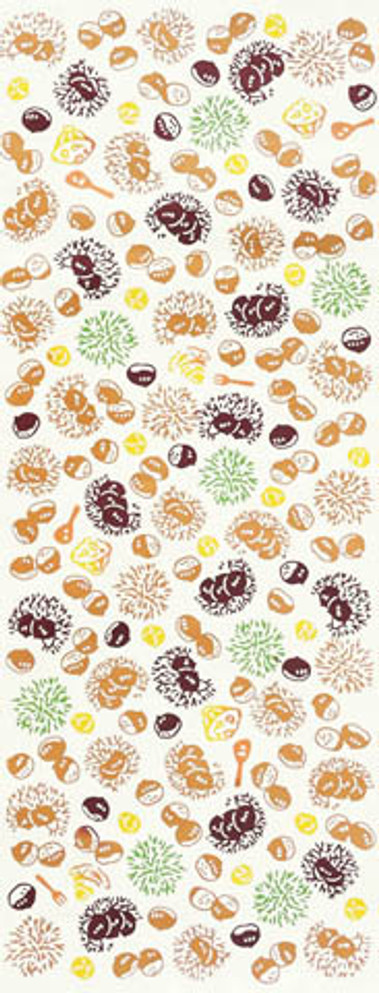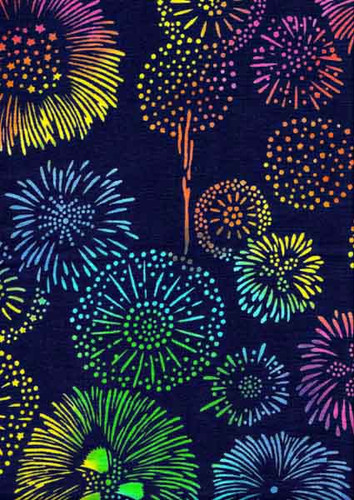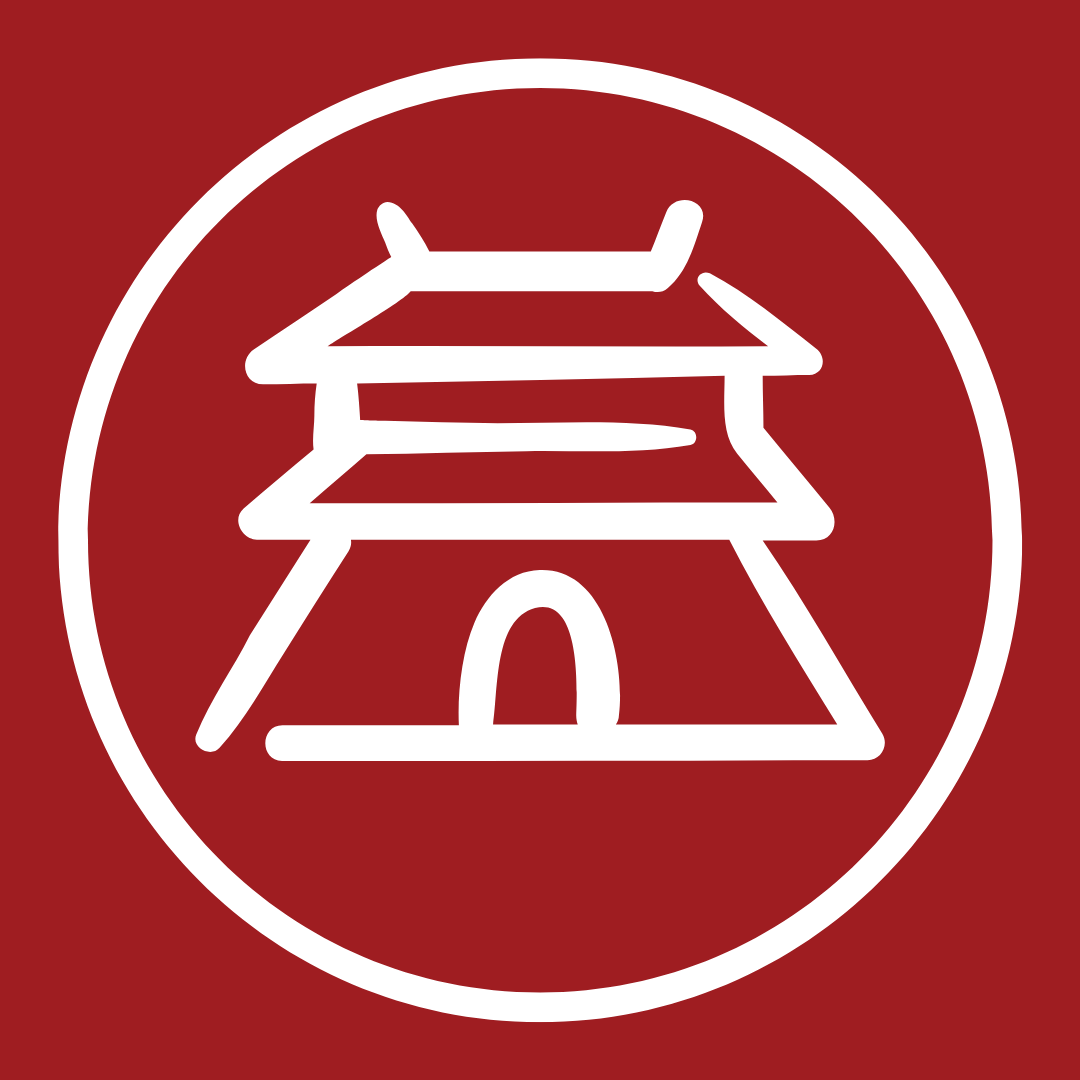
Tenugui with Chestnut picking Pattern (1513)
Description
"Chestnuts"
In Japan, chestnuts have been eaten since the early Jomon period. It is rich in nutrients, and vitamin C, dietary fiber, potassium, folic acid, carbohydrates, and astringent skin also contain many tannins with antioxidant action. The slight sweetness is widely favored from meals to sweets.
"Tenugui" is often translated as "Japanese towel", but this translation fails to cover their versatility and cultural significance. Tenugui are not only used as hand towels and handkerchiefs, but also function as fashion items, gift wrapping, souvenirs, sweat bands and padding (e.g. in the martial arts kendo), and of course as decorative items due to their often beautiful, funny or nostalgic patterns.
Please be aware that tenugui cloth by default never are hemmed, which allows them to dry very quickly.












